Recently, in riffling through some of my old AP English Language and Composition materials, I came across an old timed writing prompt concerning the relationship between doubt and uncertainty.
William Lyon Phelps (author, critic, scholar) and Bertrand Russell (philosopher, logician, mathematician), both successful individuals, have expressed two contrasting perspectives. While Phelps believes that certainty is the key to “accomplishing virtually anything,” Russell feels that some measure of doubt is necessary in any philosophy.
This prompt elicited an inner pow-wow between my own thoughts on certainty and doubt—long after I first completed my essay. Although I had taken the stance in my essay that an individual’s certainty and doubt should work together rather than contradict each other, I felt it necessary to delve deeper into the “how?” and “why?” of this topic.
To me, certainty is maintaining confidence in one’s beliefs, and advocating their validity despite the mindsets of others or any other contributing factors. An individual who comes to mind when I think of certainty is Kanye West.
When one unconditionally and wholeheartedly believes in him/herself, any measure of doubt from others becomes white noise in the symphony of one’s ability to create.
Though many see Mr. West as an egomaniac, the trust and certainty he has in his beliefs and abilities allow him to achieve his greatest potential. People are constantly telling others what they can and cannot do, but when one unconditionally and wholeheartedly believes in him/herself, any measure of doubt from others becomes white noise in the symphony of one’s ability to create.
“I’ve always felt I can do anything. That’s the main thing people are controlled by: thoughts, the perceptions of themselves. They’re slowed down by the perception of themselves. If you’re taught you can’t do anything, you won’t do anything,” West said.
This is a notion that, as West described in his lyrics (“Dark Fantasy”), can be transcribed to “finding bravery in [one’s] bravado,” or finding courage to express one’s bold beliefs or ideas.
Having doubts allows for a more open, flexible and adaptable mindset and prevents ideas from being too one-sided. After all, some of the world’s greatest discoveries were born from doubt.
The key to avoiding extremes on either side is to find a healthy medium. Individuals should come off as certain and confident in their beliefs—the “fake it ‘til you make it” method can be effective in that regard.
While one is simulating certainty, it is important that they internally question the validity of their own beliefs. They should listen to other viewpoints, and weigh the various perspectives in their mind. While passion is necessary in powerful beliefs, it should not blind one from seeing other perspectives.

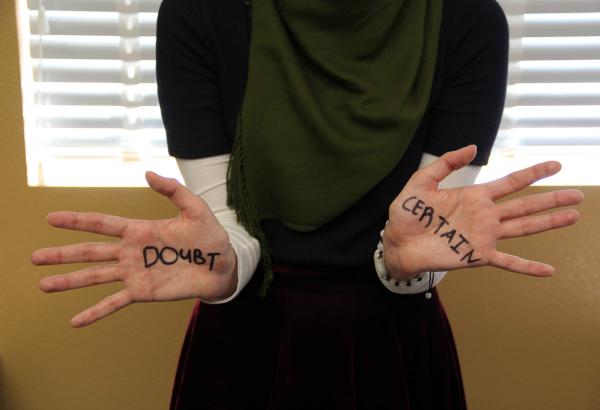
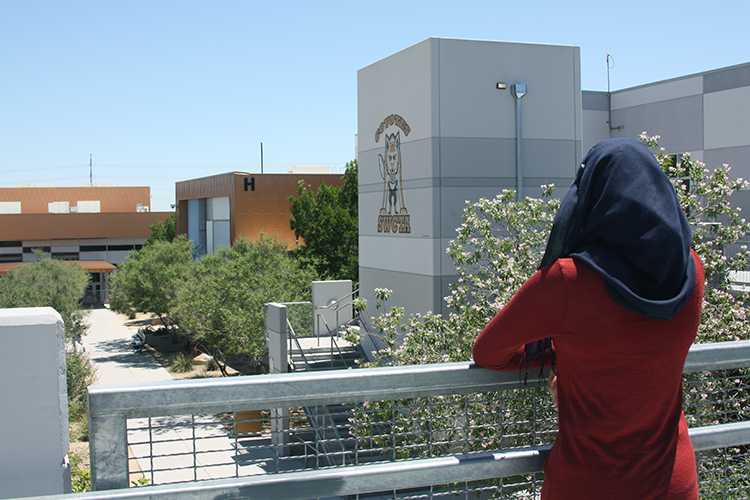
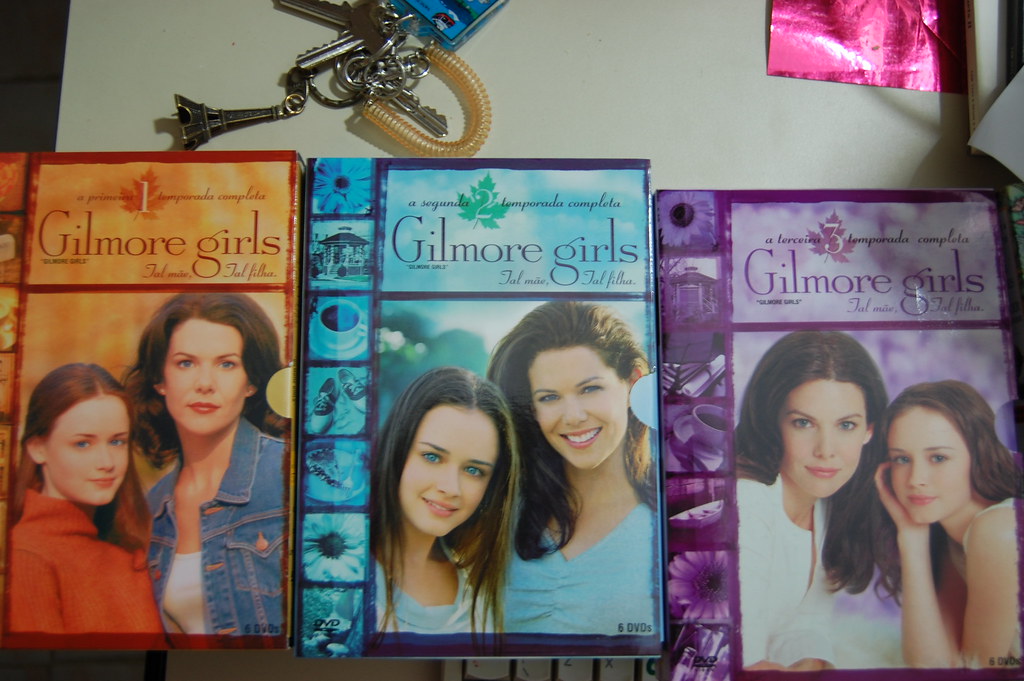
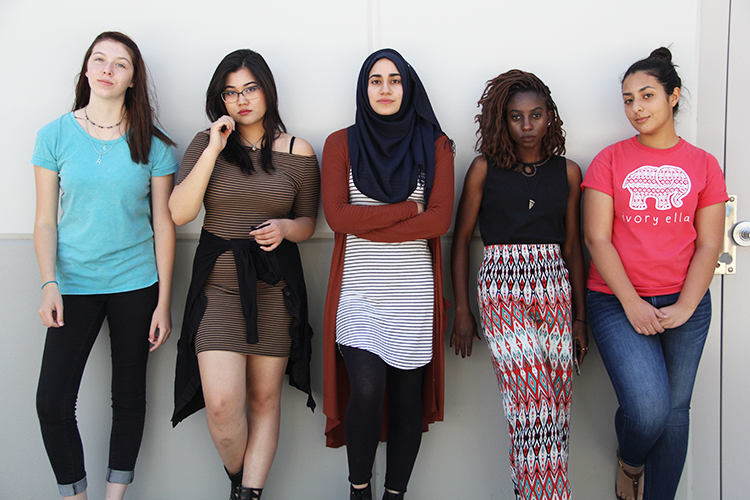
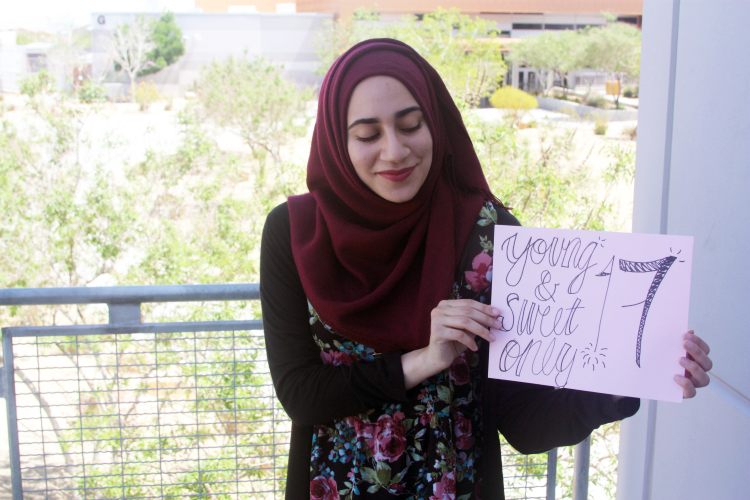
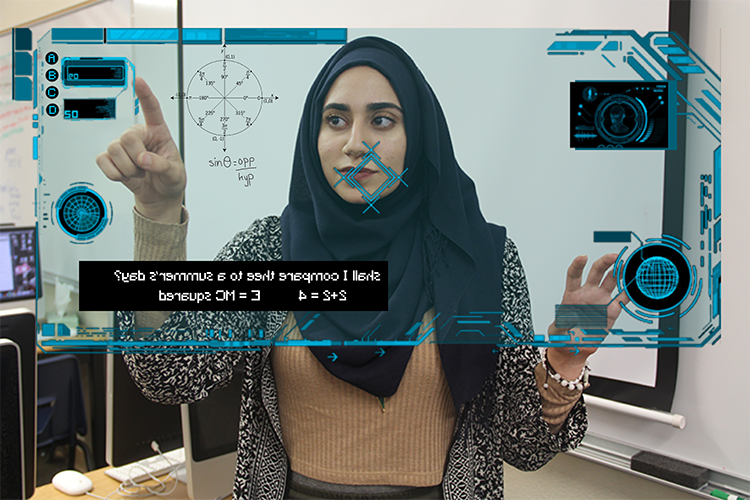
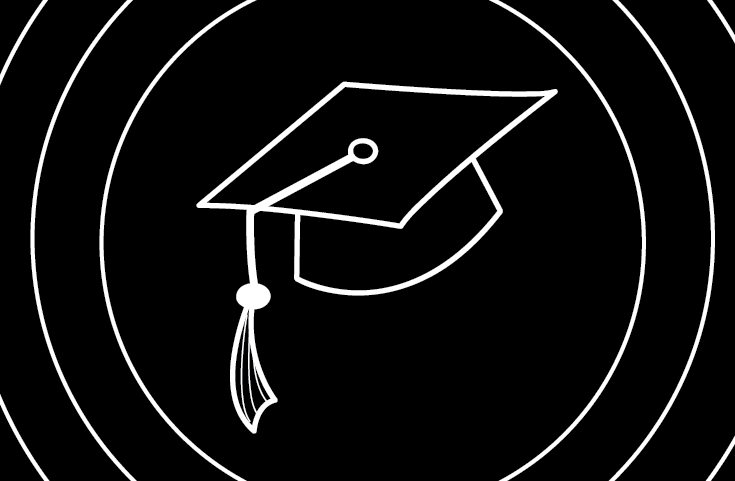







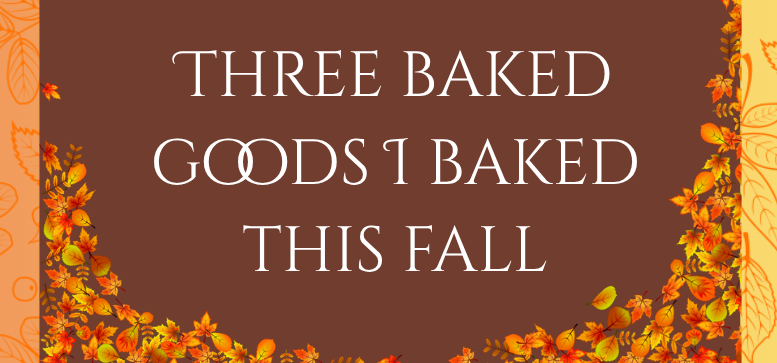
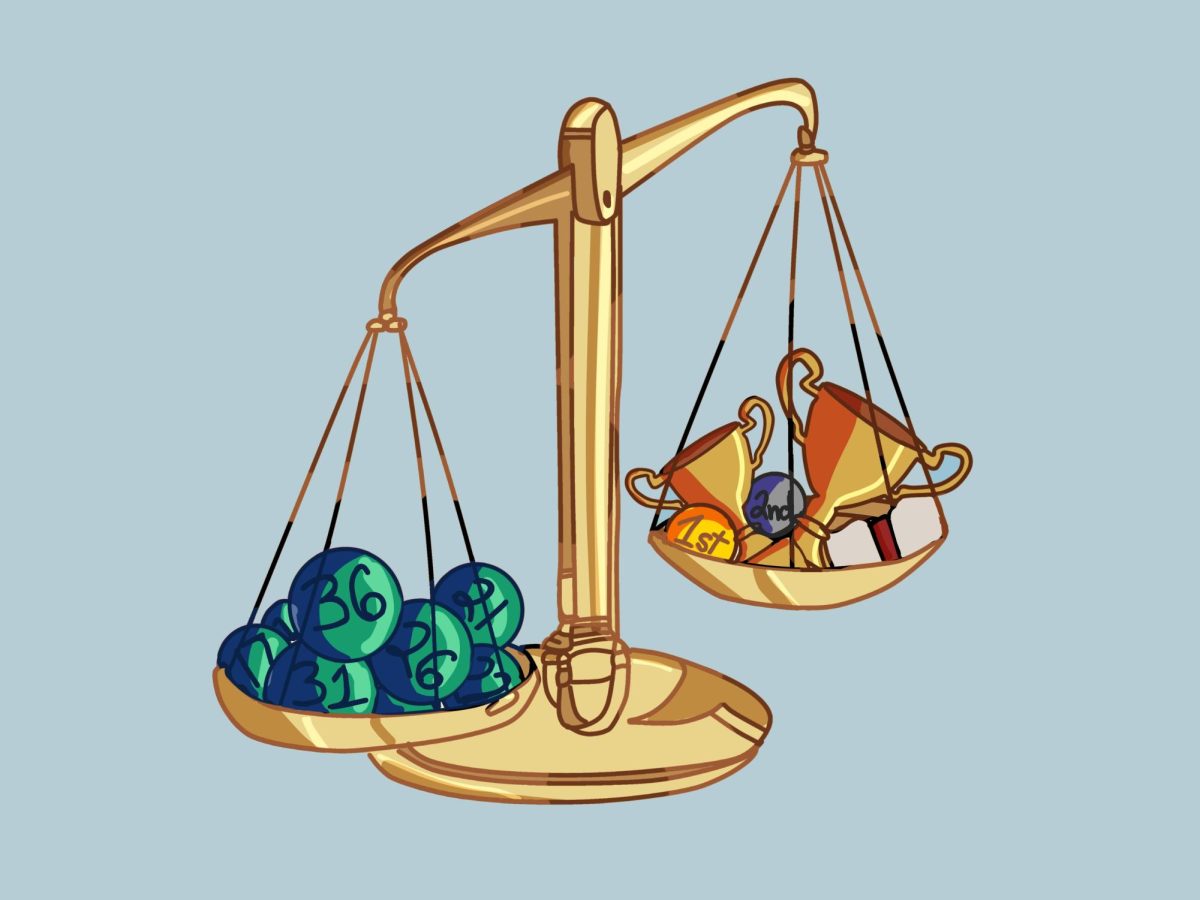
![Weighing her options, senior Allyana Abao decides between going on a practice drive or calling an Uber. Though unlicensed, Abao has considered driving to be a significant milestone of teen independence despite alternatives that provide much easier solutions.
“You're able to be independent and not rely on others,” Abao said. “You're able to get a job, get things that you need, go places you need to go. I have so many places that I want to go to and I ask [my family] for so much. I want to be independent to where they know that I can do things on my own, so they know that they don't have to be there for me.”](https://southwestshadow.com/wp-content/uploads/2025/10/IMG_2922-1200x900.jpg)
![Looking at the board, former BSU secretary Christina Altaye begins to prepare for BSU’s second year of Club Feud. This year, “Are You Smarter Than a Ninth Grader?” will be replacing this event. “I think it’s a fun change [to Club Feud],” BSU Activities Director Hellen Beyene said. “[I think] it’s always fun to do something new and different.”](https://southwestshadow.com/wp-content/uploads/2025/10/Screenshot-2025-09-29-11.06.43.png)
Dr. Kate L • Mar 20, 2021 at
I realize your essay is several years old, but I still wanted to let you know that I enjoyed it. I found it as I was doing a casual Google search on certainty vs doubt. It’s quite fascinating as well as relevant. In this time of strife (covid, political unrest and an abundance of conspiracy theories), I hypothesized that people who are usually “certain” are more likely to believe in conspiracies and less likely to trust science. I’m not the first person to wonder this, lol. Anyway, thanks for your input back in 2015. Hope you are well in ‘21.